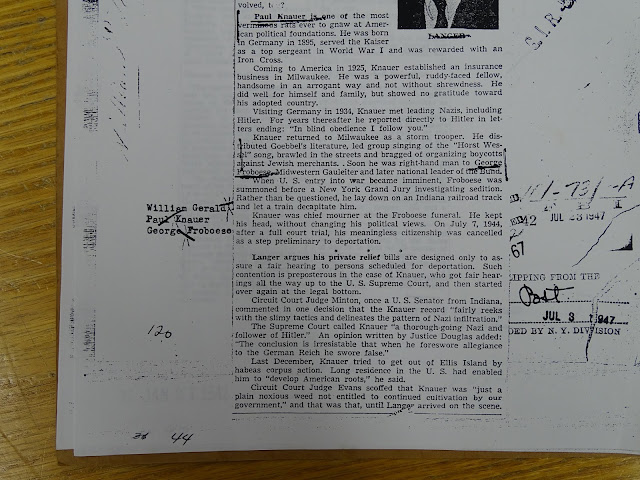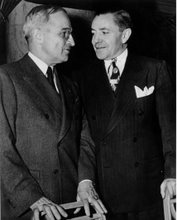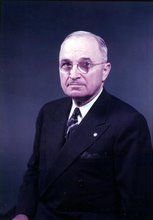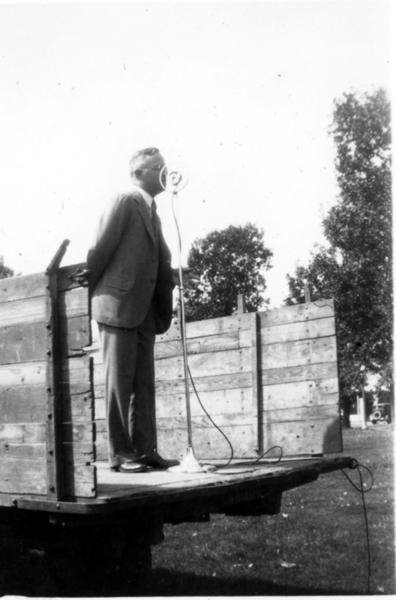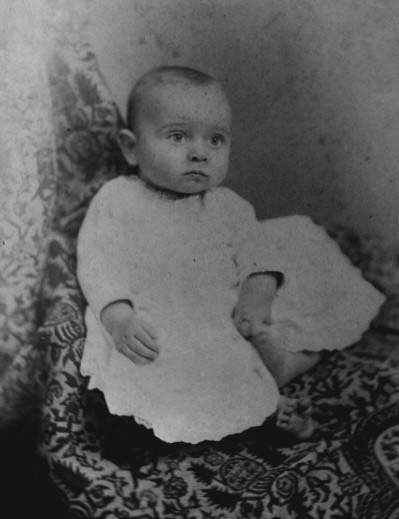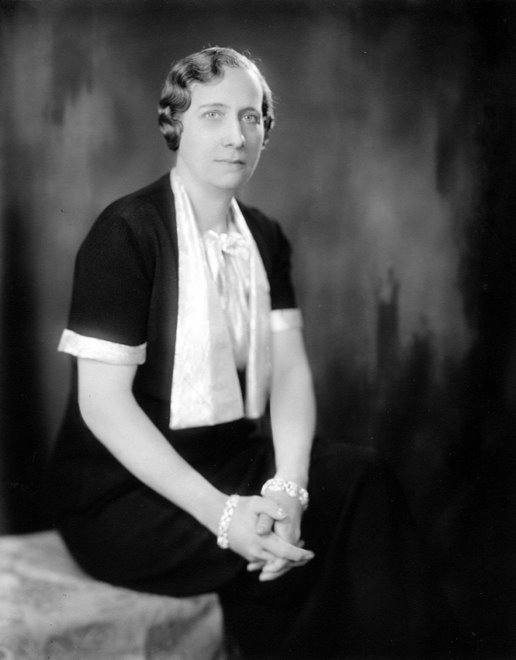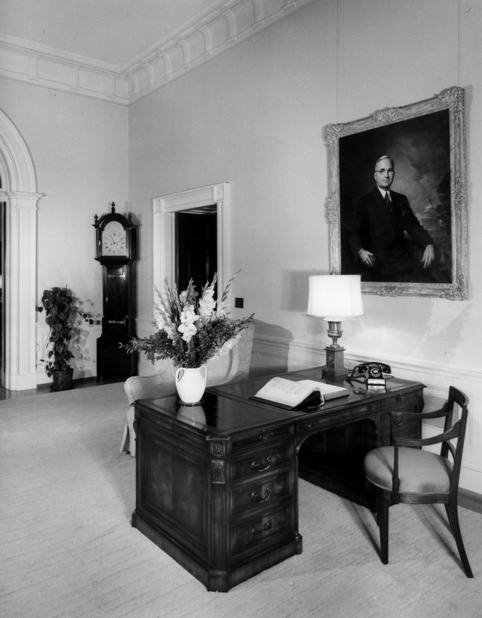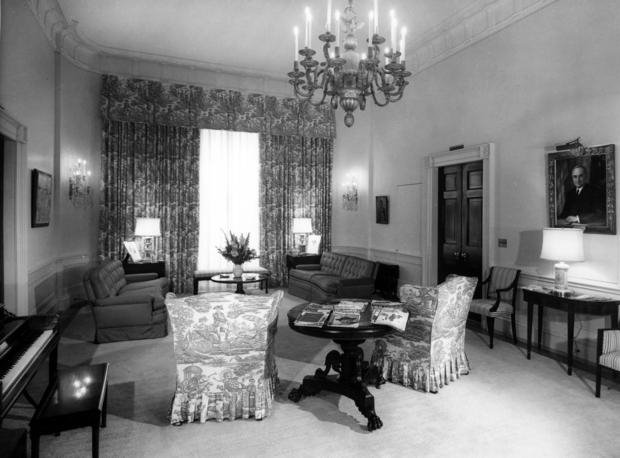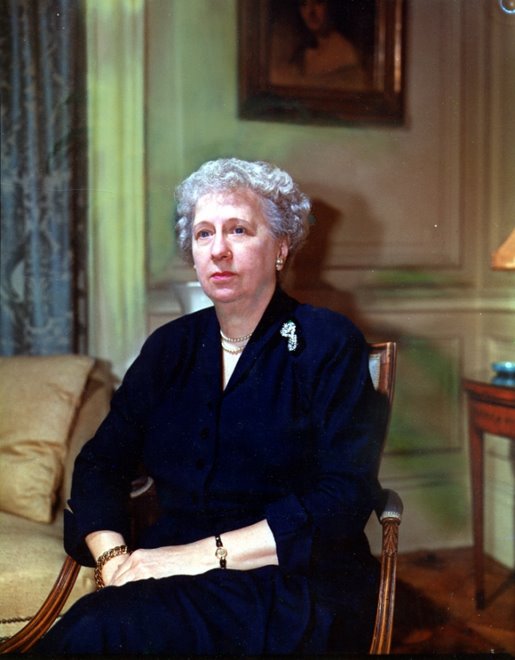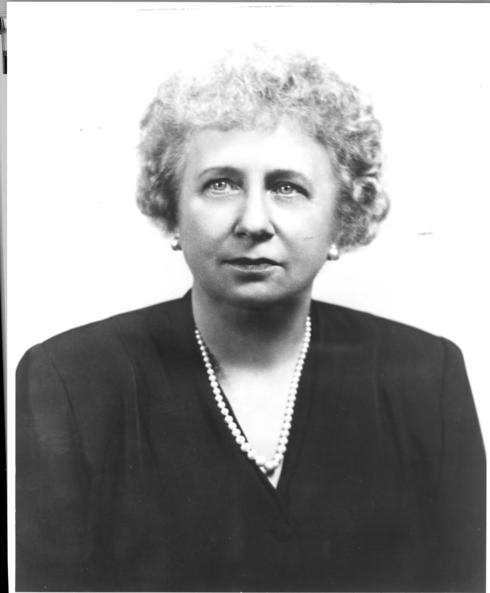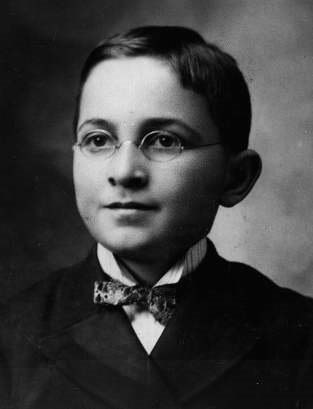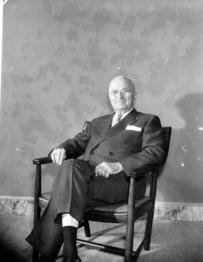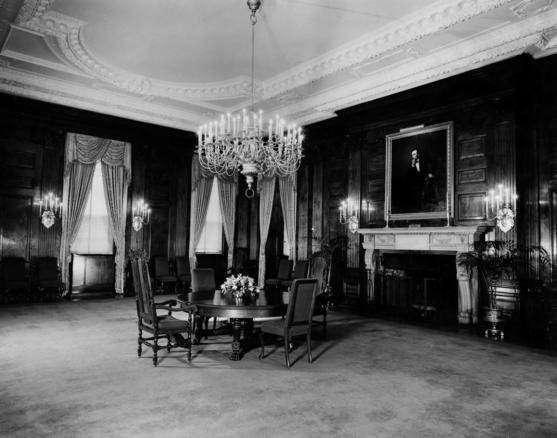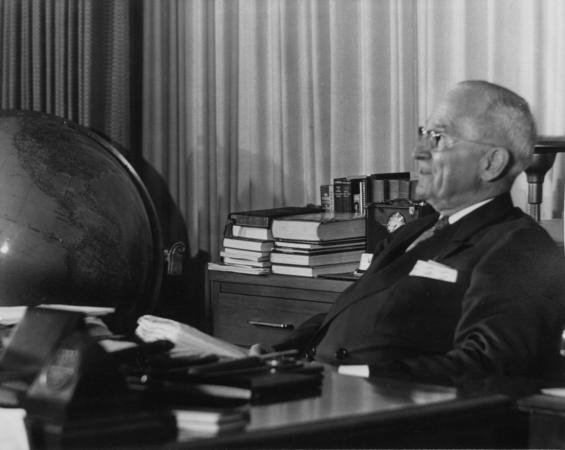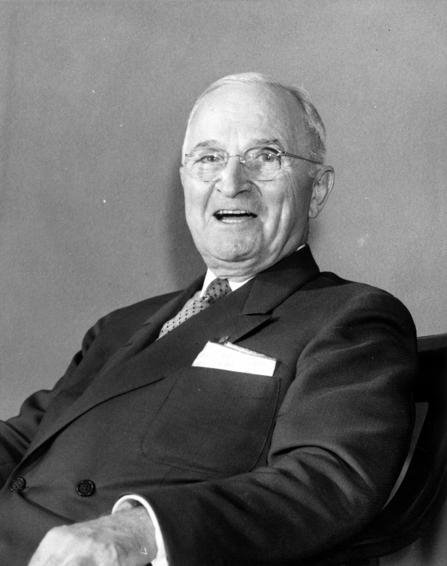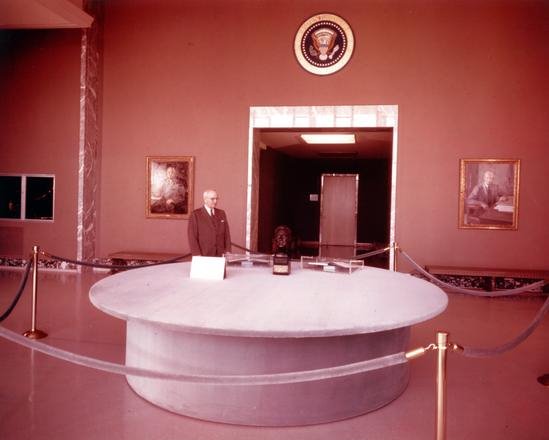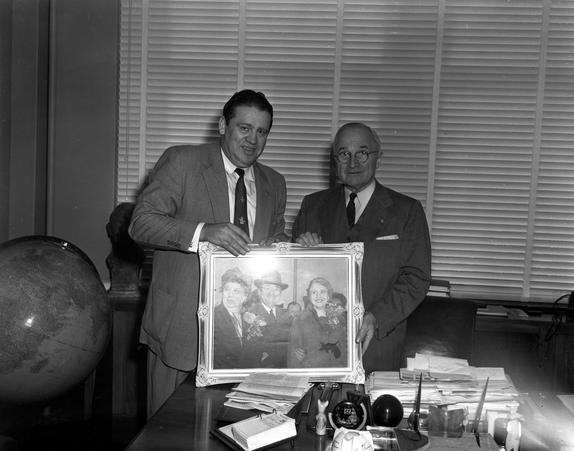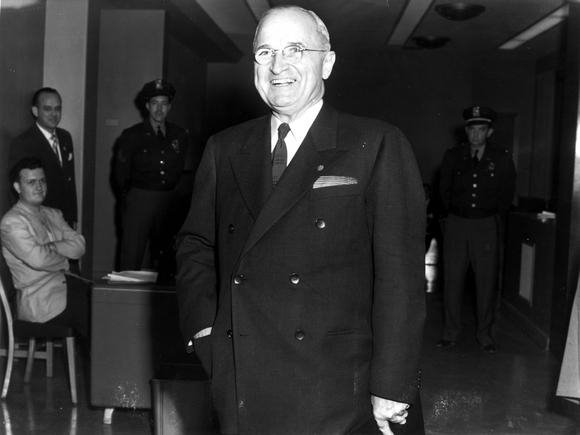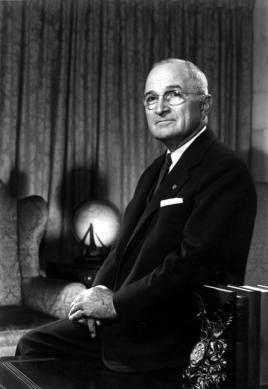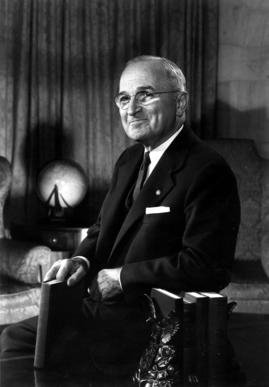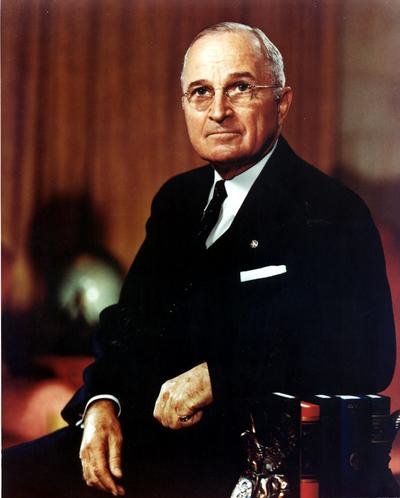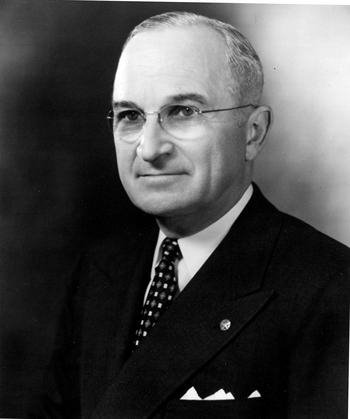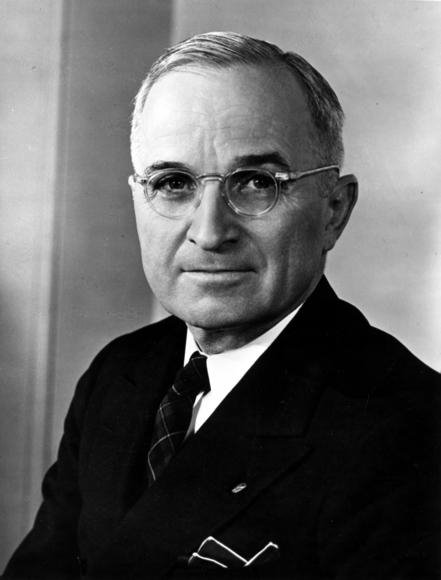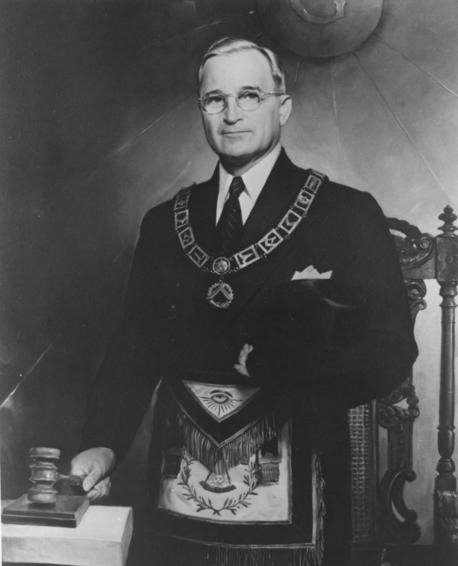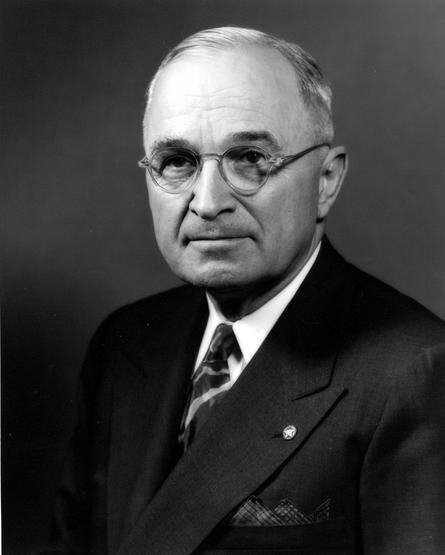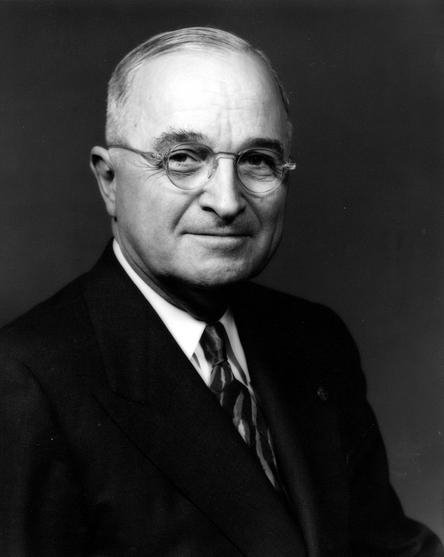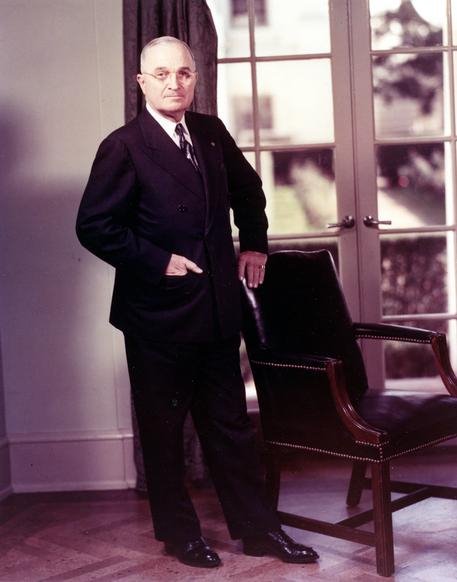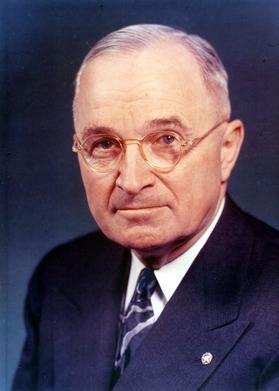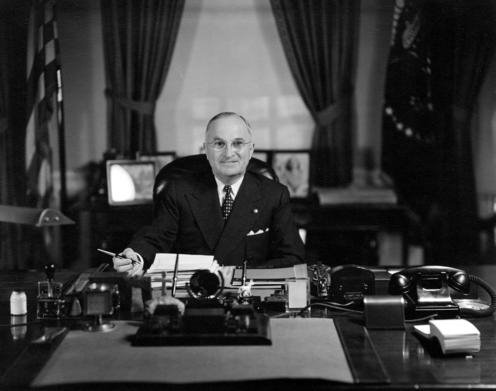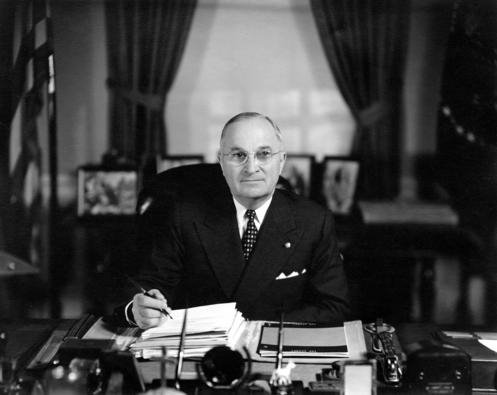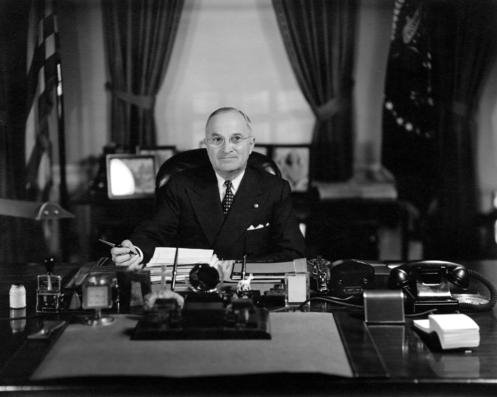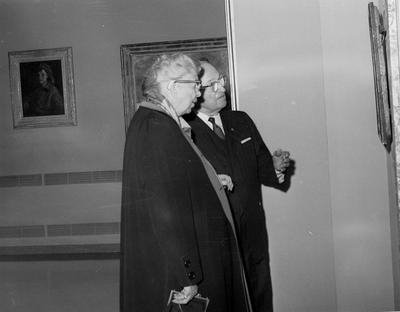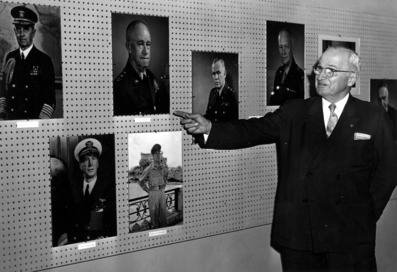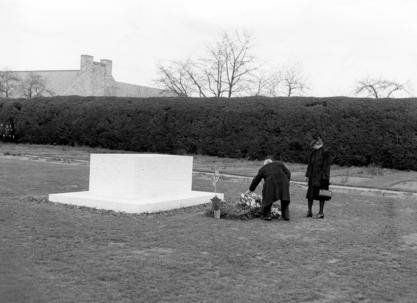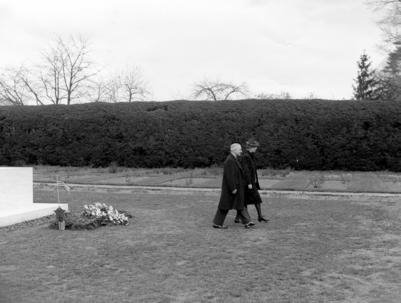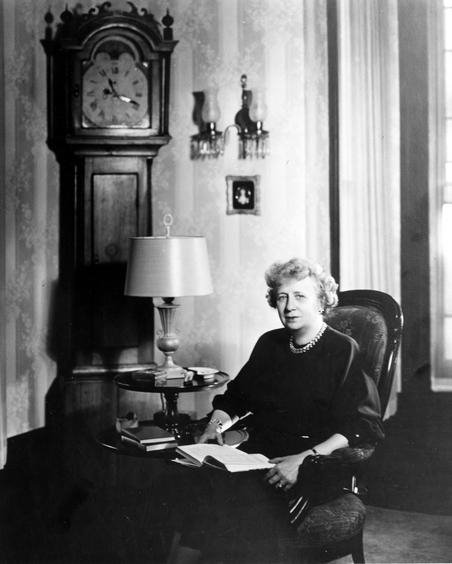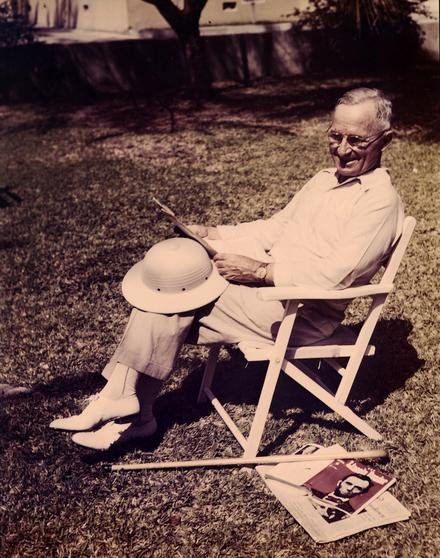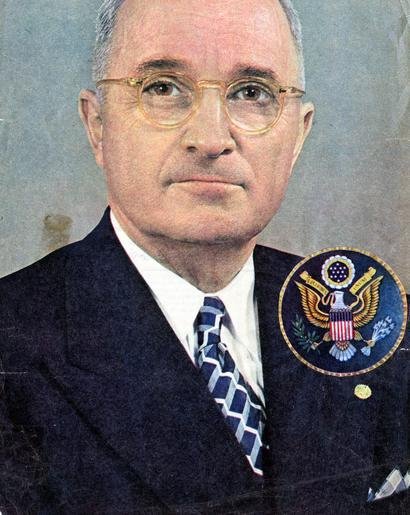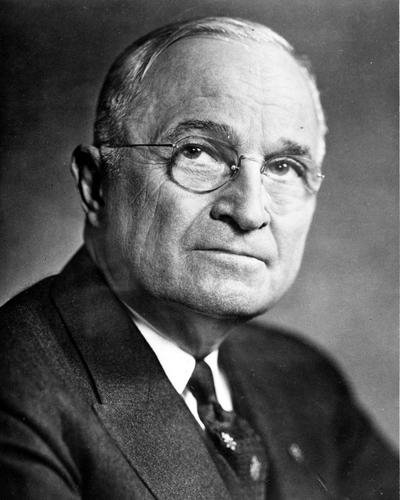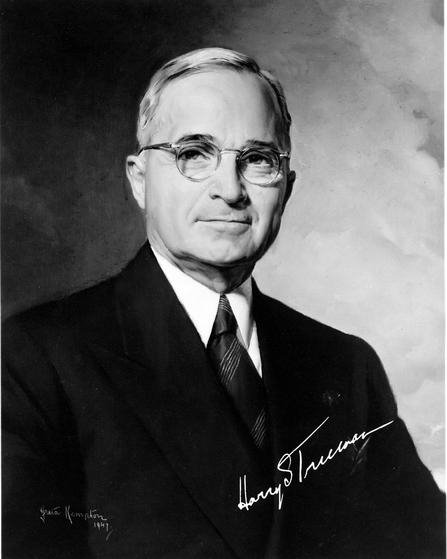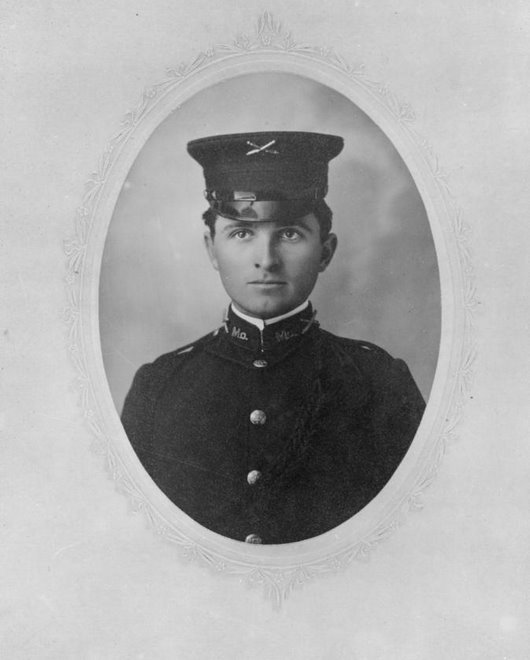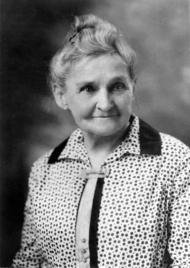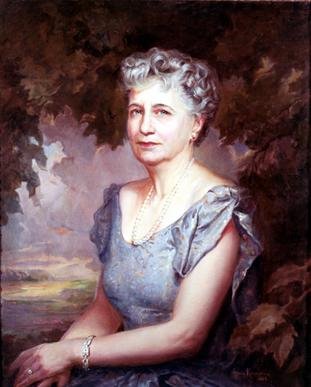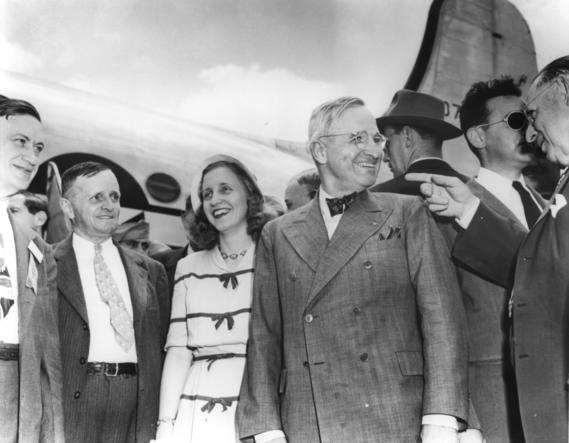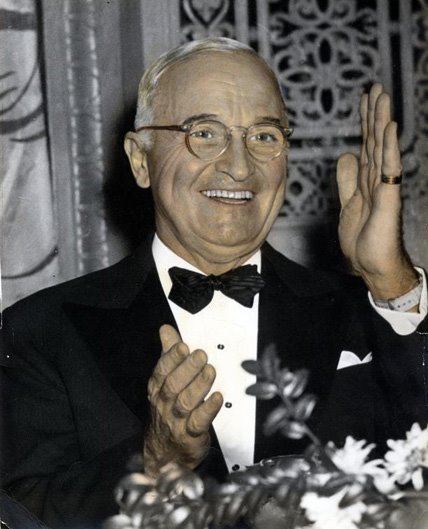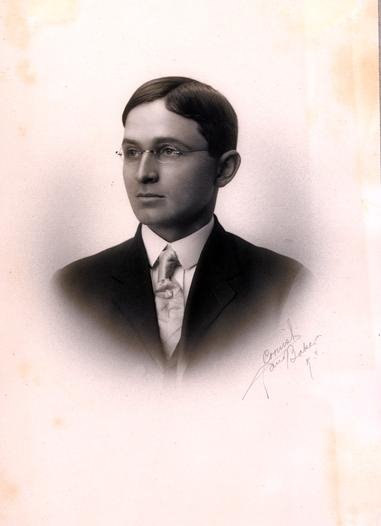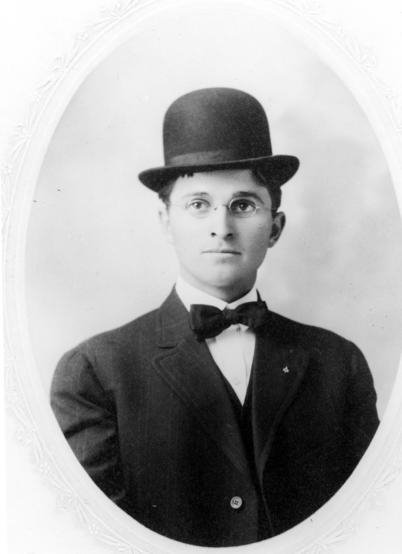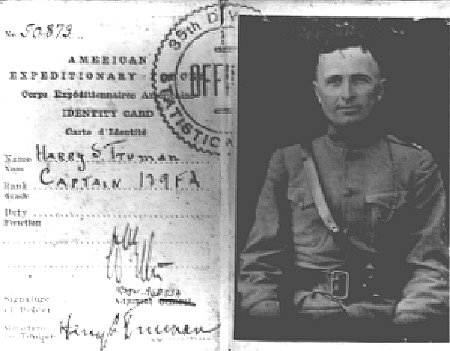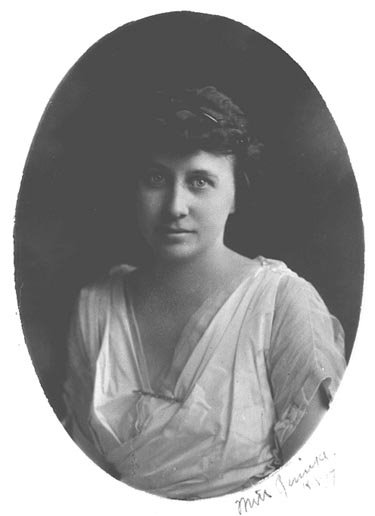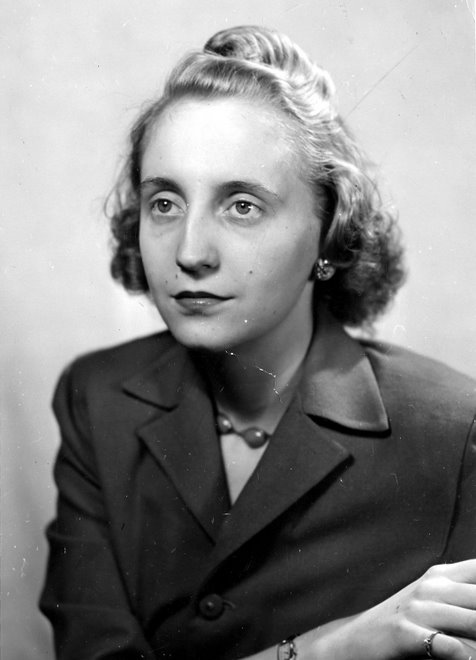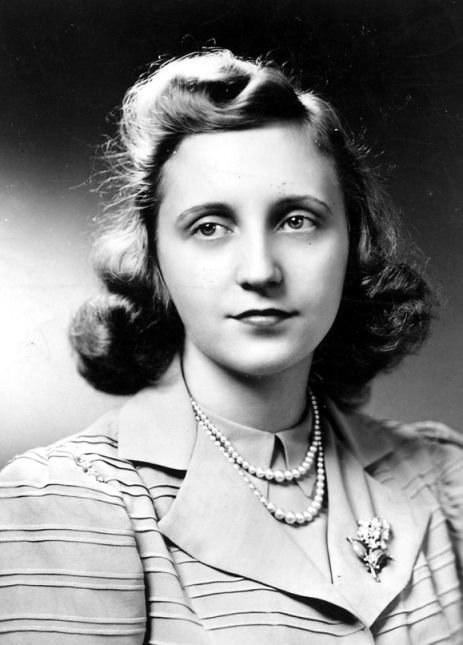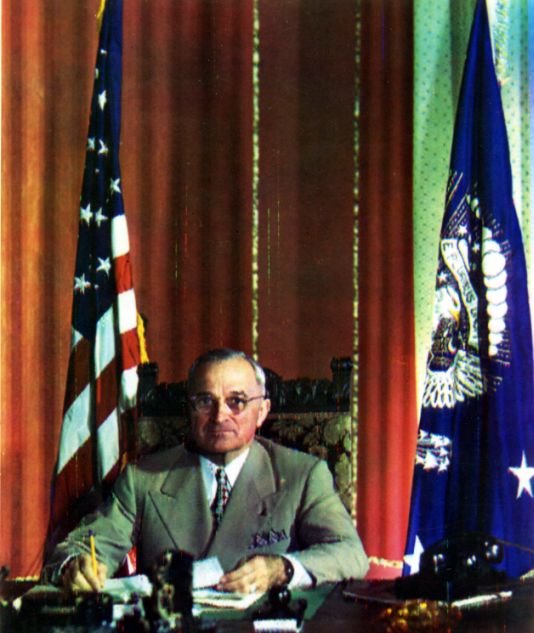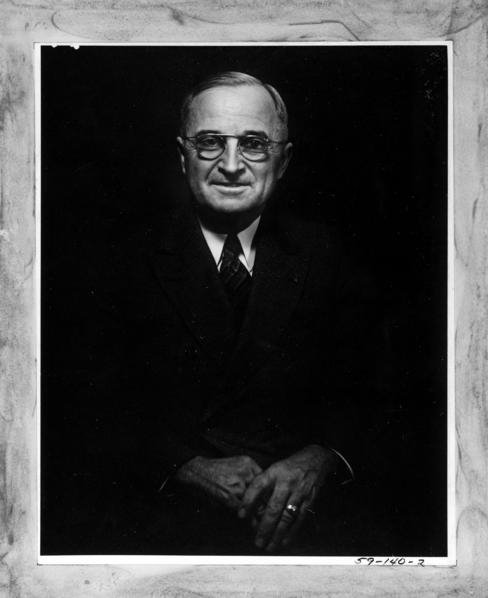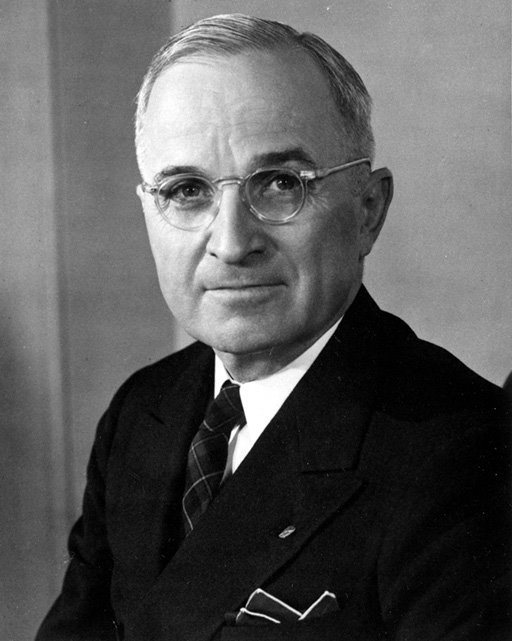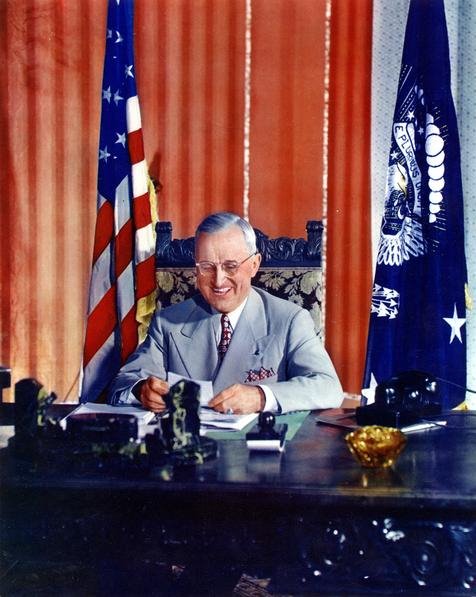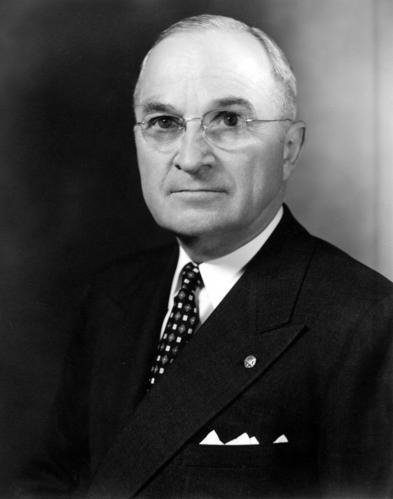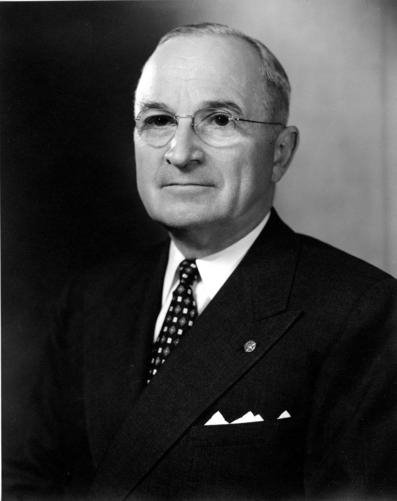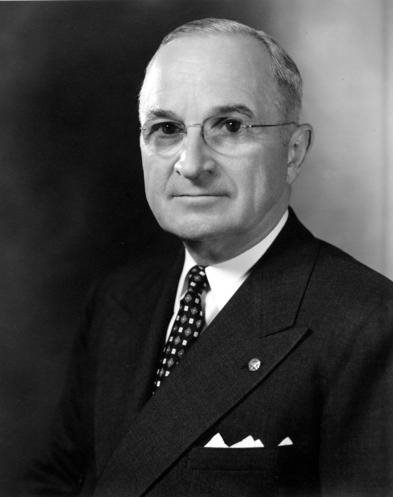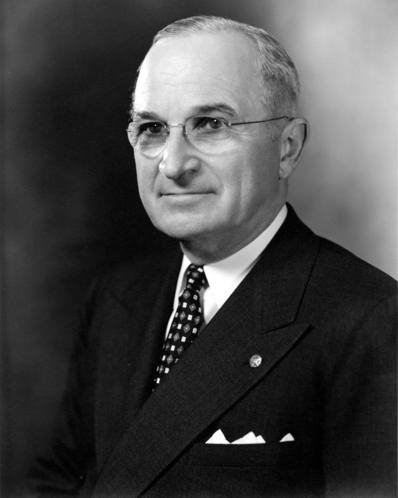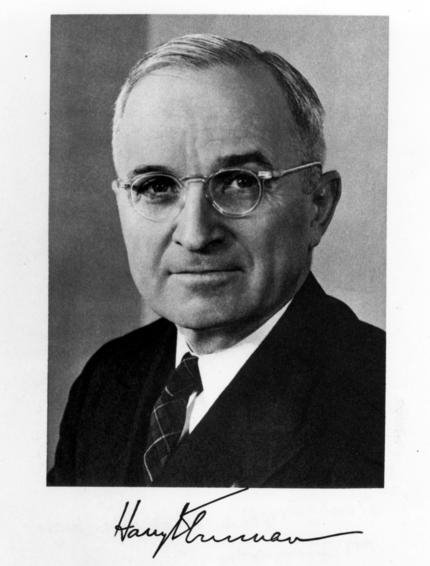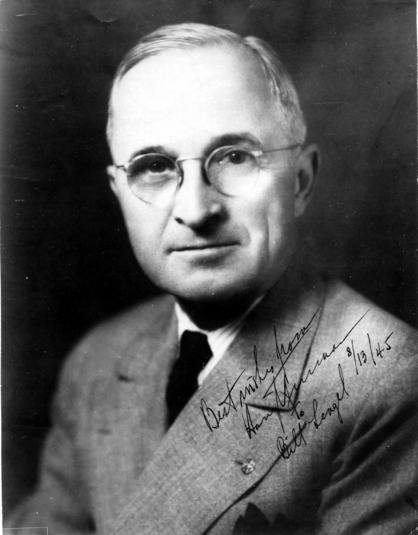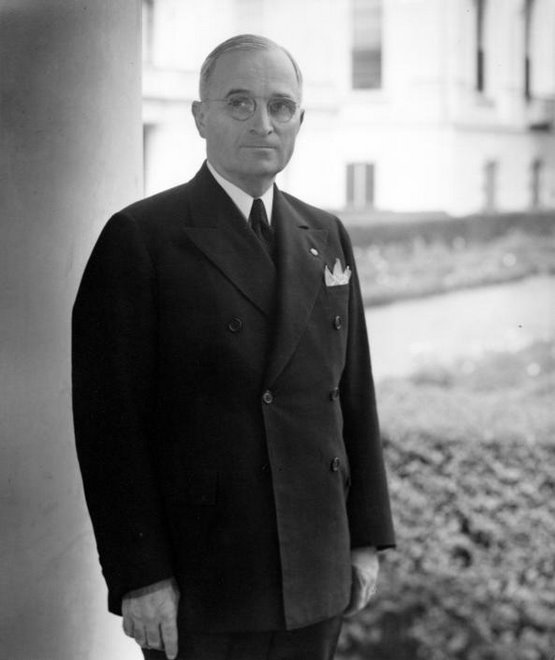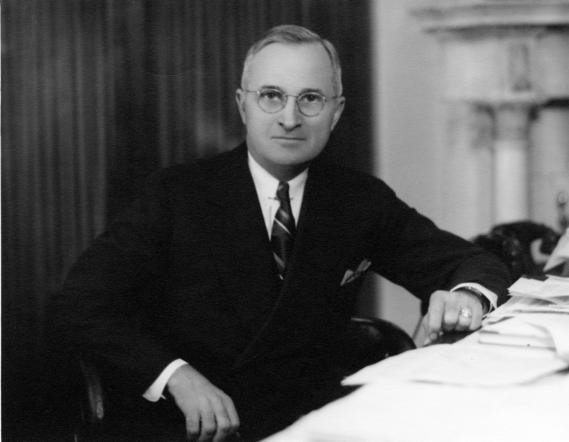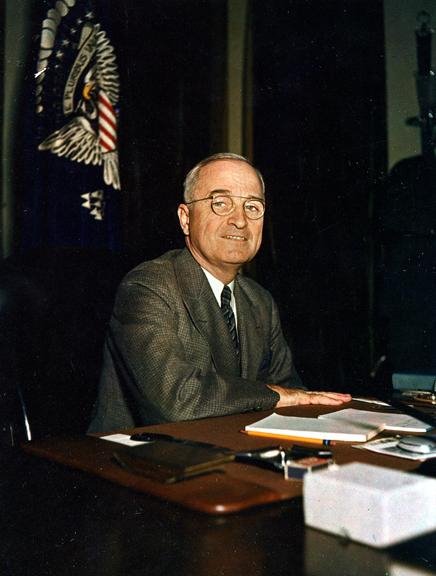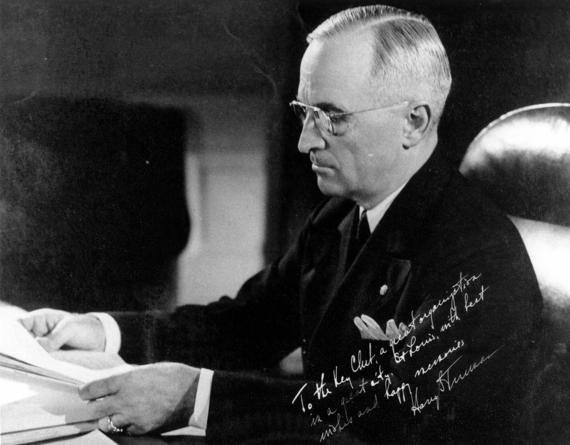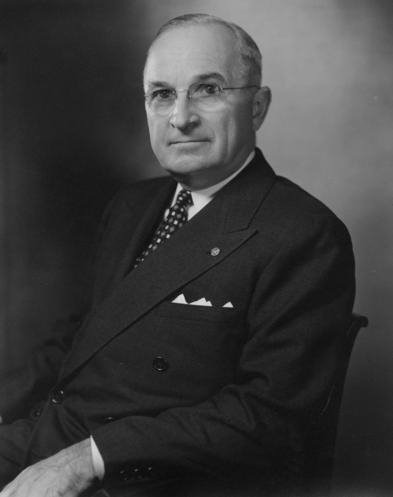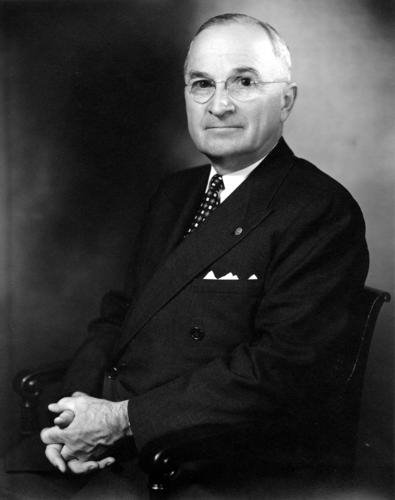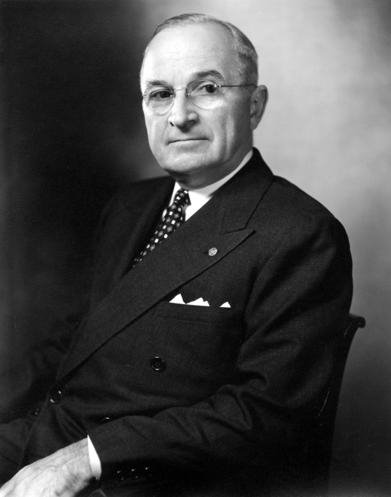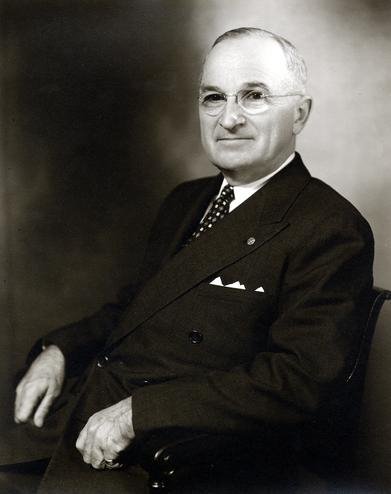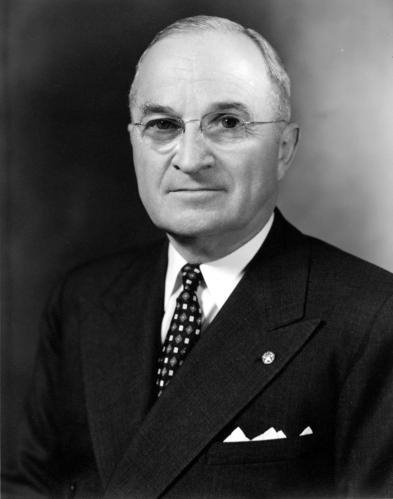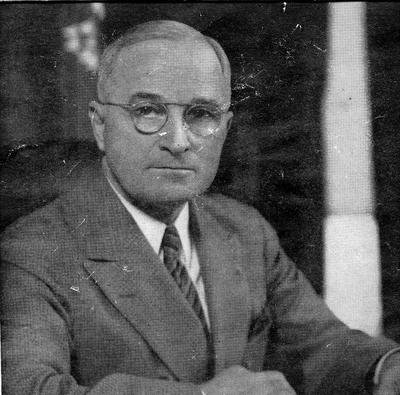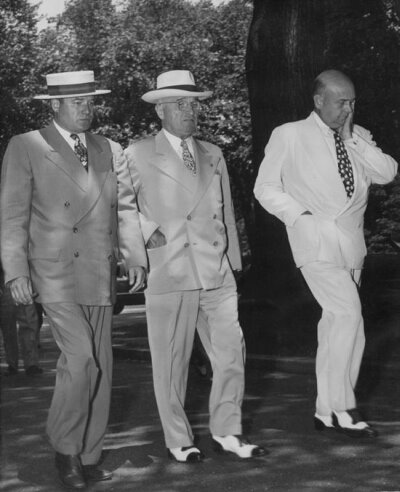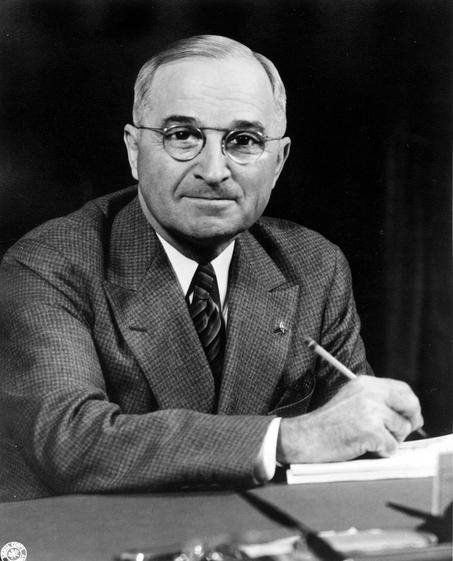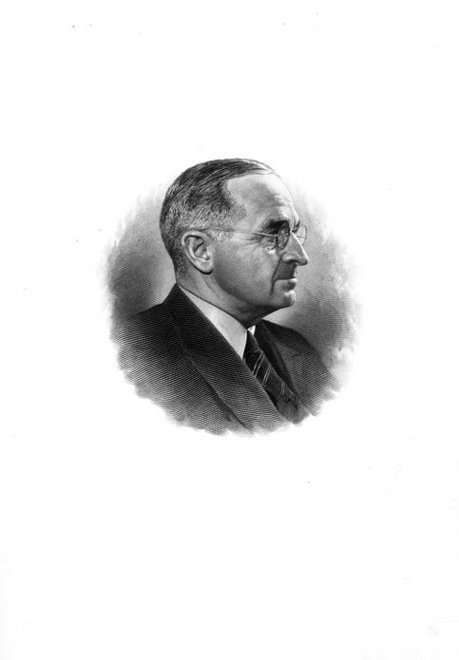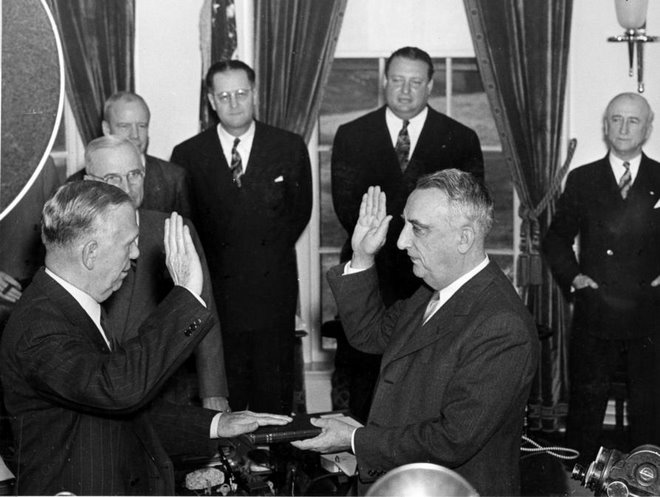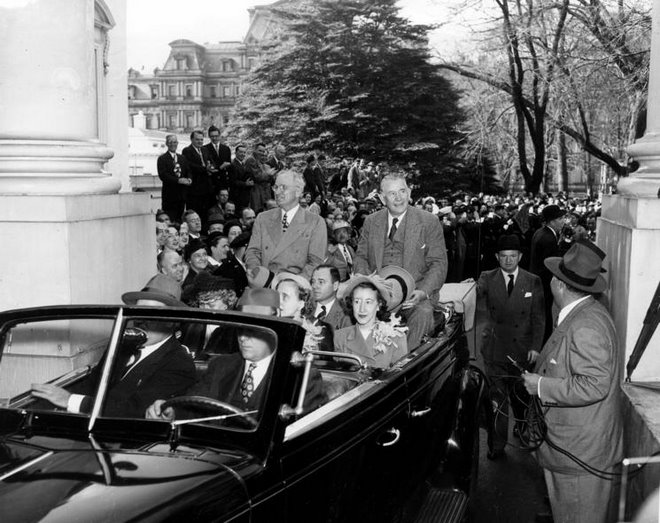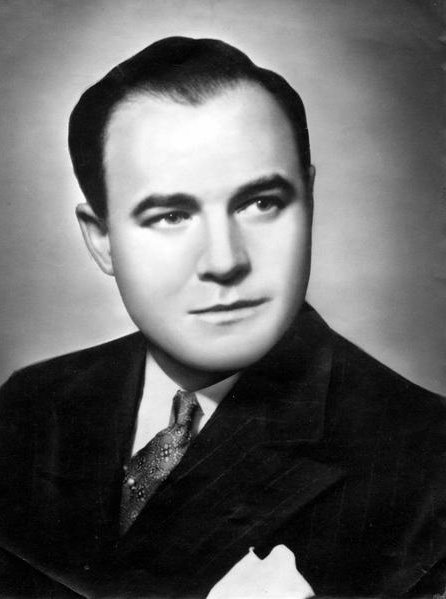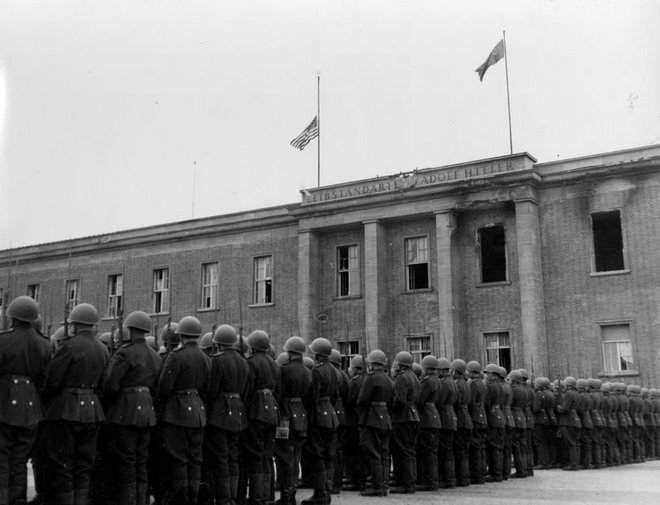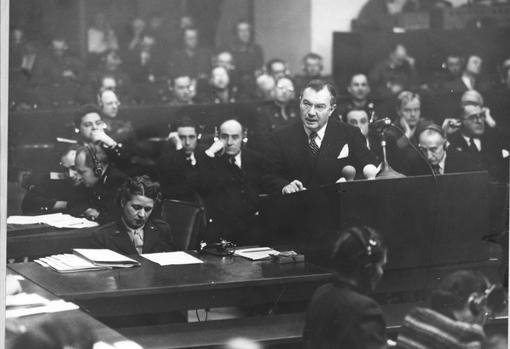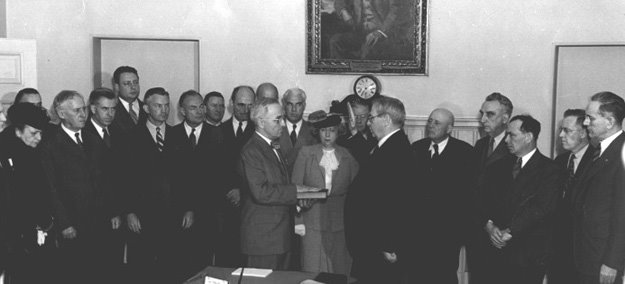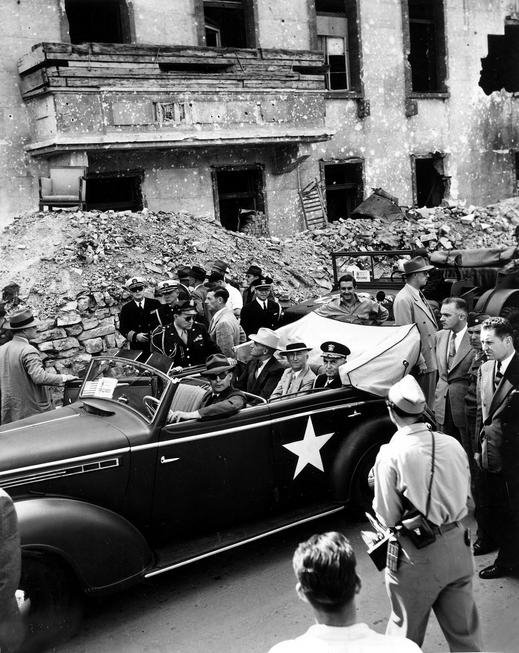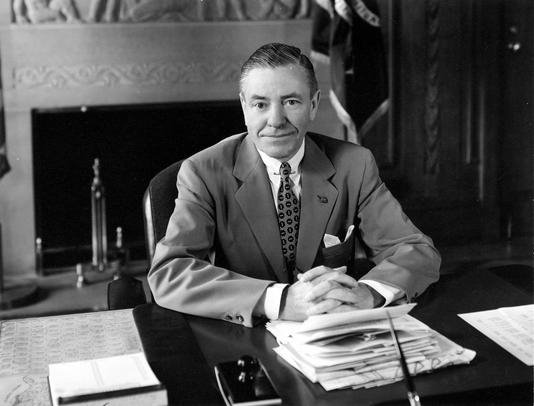WILLIAM LANGER AND THE FBI by Mark Nelson Republished October 1, 2012.
-Copyright Notice-
copyright 2000 Mark E. Nelson. Alle Rechte vorbehalten. All rights reserved. Protected under both U.S. Federal Copyright Law and International Treaties. No component of this site, including text, images and computer code, may be reproduced or copied in any form or by any means --electronic, graphic, digital or mechanical, including photocopying or information storage and retrieval systems -- without the express prior written permission of the author.
(note 12 AUG 17 ..all this Langer the Great business .....wtf?
Robert Caro's Lyndon Johnson Master of the Senate - a large serious, not a supremely difficult read ---- hundreds and hundreds of pages of Senate facts, history minutiae... William Langer appears in the index - not once.
David McCullough's monumental "Truman" mentions Langer once - as being known as "Old Windy" on the Senate floor droning on and on the afternoon Truman received the phone call at the Capitol to come quickly and quietly to the White House.... Langer played virtually no role in the introduction and passage of important legislation. . . author comment 12 AUG 17).
The belief Truman and Langer were close - no. I was mistaken in this in 2000 A.D.. No records of Langer ever invited to the "Little White House...
| DATES OF VISITS BY TRUMAN |
| November 17 - 23, 1946 March 12-19,1947 December 3 - 8, 1947 February 20 - March 5, 1948 November 7 - 21, 1948 March 6 - 19, 1949 November 28 - December 20, 1949 March 12 - April 10, 1950 March 2-22, 1951 November 8 - December 9, 1951 March 7- 27, 1952 |
to Key West Truman Naval compound where Truman engages in Langer like activity - poker and drinking and swearing - Langer is not anywhere Harry S Truman hangs out and lets it out, except on glad handing occasions.) Seventeen
years after writing this aritcle- I would reflect - I was easy on Langer, perhaps in part, wanting to be historically fair, having had a Grandfather who placed Langer on pedestal, re his mortgage moratorium - and the fact I personally find much to like about William Langer.
I must say however that in the United States Congress during the Second World War - there appears to be no greater supporter of those who were ultimately traitorous to the United States as United States citizens in the active support of German National Socialism that declared total war on the United States of America than Senator William Langer. It is damning.
Knauer v. United States, 328 U.S. 654 (1946)
As Lloyd Omdahl has put it:
"It would be helpful if we could understand ourselves as a state. We would not go through the trauma of nursing great expectations of ourselves when history teaches us that great expectations are not us."
.................................................................................................
"It would be helpful if we could understand ourselves as a state. We would not go through the trauma of nursing great expectations of ourselves when history teaches us that great expectations are not us."
.................................................................................................
William Langer and the FBI
by Mark E. Nelson
It has always been a rule that the weak should be subject to the strong;
and besides, we consider that we are worthy of our power. Up till the
present moment you, too, used to think that we were; but now, after
calculating your own interest, you are beginning to talk in terms of right
and wrong. Considerations of this kind have never yet turned people aside
from the opportunities of aggrandizement offered by superior strength.
Athenian representative to Sparta,
Quoted in The Peloponnesian War, Thucydides, c. 465-395 B.C.
click on image if your browser shows them awkwardly
{ observation - STORY IS BELOW....No individual or library or state "university" in ND ever subscribed to a wide range of important national papers - let alone - clipped a wide range of topics from them - the FBI Washington Headquarters - gathering information on thousands of subjects did. "Historians" "writing" about topics related to Omdahl's so described state never came up with a competent research methodology.
Often when the Judge Wymans young son is described - it is just that statement - reflecting his youth as compared to what we are not sure - however this individual and against his lawyer's oath - he was already a licensed attorney with a higher ethical standard than a 15 year old mentally slow farm boy - by far - he is the person who accepted the bribes - to influence his father.
The congressional record further reflects more payments made by Langer in cash to the young Wyman. Also Langer's friendship with Truman is vastly overplayed - Truman spend hundreds of days at his house on the Naval Installation at Key West. Truman and Langer were both poker players - Langer is never recorded in history - well preserved as to Key West, as ever having been invited. Langer's Priest at his eulogy - funeral mass, stated that the great lesson of his life was the importance of following one's convictions.
Langer may have found this an easier task if he did not have the conscious very near that of a sociopath, or being 50 years ahead of his time in the respect that he would have been just an average greedy - cash first contemporary federal politician..}
...................................................................................................................................................................
William Langer (1886-1959), Republican United States senator from North Dakota (1941-1959) had been investigated by the Federal Bureau of Investigation for allegations of bribery in 1952, according to Bureau files recently released to this writer under provisions of the Freedom of Information Act.
In 1953, a group of fifteen North Dakota Republicans had petitioned the United States Senate to have Langer investigated for allegedly taking money in exchange for the senator sponsoring large numbers of private immigration bills in the Senate. Their petition was denied March 27, 1953, by the Senate Elections and Privileges subcommittee.
What they did not know was that a six-month investigation by the Bureau on the topic of bribery in relation to Langer’s sponsoring of the private bills had been ordered to an abrupt halt on Christmas Eve, 1952, by the Attorney General of the United States.
William Langer, North Dakota’s stormiest and most controversial politician – and arguably its greatest – was elected Morton County (ND) States Attorney in 1914.
Two years later, Langer was elected North Dakota’s Attorney General, serving from 1917-1921. He lost a primary bid in 1920, while running for governor. A primary bid for attorney general in 1928, was a loss. Langer eventually served as North Dakota’s governor – from 1933 through mid-summer 1934 – when he was removed upon a felony conviction. Langer became governor again, serving 1937-38.
Langer was defeated in a race for the United States Senate in 1938. He won a Senate seat in 1940. He served in the Senate from 1941 until his death in 1959.
Langer affiliated himself with the Nonpartisan League (NPL), which ran its endorsed candidates in the Republican primaries. The Nonpartisan League was founded in 1915; its organizational genius being Arthur Charles Townley. Born from farmers’ discontent with their dependent economic condition, the NPL briefly controlled all branches of North Dakota government, reaching its zenith in 1919. Langer later affiliated with the Independent Voters’ Association after disagreements arose over the League’s direction. He later rebuilt the NPL and started his incarnation of the League’s newspaper, the Leader.
If defeated in a primary, Langer, on occasion, would run as an independent. In the Senate, he sat with the Republicans, but often voted with the Democrats. In 1956, when the NPL finally decided to align with the state Democratic Party, Langer chose to remain with the Republicans.
The two unique institutions that emerged from the NPL movement – referred to by North Dakota historian Elwyn B. Robinson as “the great socialist experiment” – still serve the people of North Dakota today. They are the Bank of North Dakota (the nation’s only state-owned bank, located in Bismarck) and the State Mill and Elevator, Grand Forks.
The media voted the assent of the NPL as North Dakota’s Top News Story of the 20th Century.
The records pertinent to this discourse consist of five files kept at Federal Bureau of Investigation’s headquarters in Washington D.C. FBIHQ File number 58-2704, encompassing one-hundred-seventy-seven pages, contains the 1952 investigation regarding reports which reached the Bureau, alleging that congressmen were fee-splitting with attorneys representing illegal aliens. Allegedly, the congressmen would then introduce private immigration bills in Congress with the goal of allowing the individual or individuals in question to remain in the United States.
Enter William Langer, who introduced more private immigration bills than any other member of the Senate.
The files are heavily censored – leaving no names or information that could be used to identify individuals except for public employees, the subject of the investigation, and those known by the FBI as being deceased.
In fact, records filed with the FBI may be requested by the actual subject of a closed investigation; by others, with the permission of a living subject; and by anyone, provided that the subject is deceased. (An obituary, or recognized reference source, is accepted as proof of death; and an individual whose date of birth is at least one-hundred years prior, may be considered deceased.)
Sixty-four pages out of the five-hundred contained in the five files have been entirely withheld, some because the FBI asserts that pages contain no segregable material, and quite a number of pages, especially in the file relating to bribery, were withheld because the originating agency was not the FBI.
Which agencies originated the withheld pages is not stated, however they are likely the Office of the Attorney General, the Criminal Division of the Justice Department, and/or the Immigration and Naturalization Service. The FBI forwarded requests to the unnamed agencies and stated that those agencies would respond directly to disclosure requests. Portions of three files, including the bribery investigation file, underwent declassification reviews. Given that words, names, sentences and paragraphs are deleted throughout the records, and the fact that one page does not necessarily lead sequentially into the next, some interpretation is required.
The allegation of bribery came to the FBI through an unnamed informant who stated that a newspaper reporter on “the Hill” had told him of the alleged fee-splitting schemes. The source could not identify the newspaperman by name. Later in the file, it appears the reporter is affiliated with, but not one of the two regular Hill reporters for the New York Herald Tribune.
The initial allegation is that Langer split fees with attorneys who represented individuals – especially those with associations with the Young Pakistan League. In turn, Langer purportedly would then introduce private bills in the Senate on their behalf.
An office memorandum, dated June 13, 1952, from Assistant to the Director John P. Mohr to Associate FBI Director Clyde Tolson, recounts the general allegation against various unnamed congressmen. Langer has not yet been named. Mohr writes, in part, “I pointed out to [name deleted] [that] this was a matter that the Director could not initiate on his own, and obviously since it involved two investigative arms of the Department of Justice, the Attorney General would have to order such an investigation.”
The other agency to which Mohr refers here is the Immigration and Naturalization Service (INS). FBI Director J. Edgar Hoover’s handwriting appears at the bottom of page two of this memorandum, a portion of which is unreadable due to poor reproduction, but effectively it reads: We will not initiate unless directed by the AG, prepare Memo to AG as above. ‘H’ .
The directive to begin an investigation came through Assistant Attorney General James M. McInerney, Criminal Division, Department of Justice, dated June 25, 1952. By July 11, 1952, Langer is targeted and it is stated that the investigation will be confidential; its true nature not to be shared with the subject.
Appearing in the file is a series of fifteen questions posed to “Senator WILLIAM LANGER, c/o Langer Senatorial Campaign Headquarters, Petterson Building, Fargo, North Dakota and NONPartisan League, Bismark, North Dakota.” (sic). The questions were submitted to Langer on May 15, 1952, by telegram, and it appears probable they were submitted by a New York Herald Tribune reporter. The questions and answers were shared with agents from the Washington FBI Field Office – referred to and recited in a Washington Field Office FBI Memorandum undated as released – and apparently not completely disclosed. Likely, it was written after July 18, 1952.
At this point, fifty pages into the file, the FBI has contended that fourteen pages could not be released, even in part.
Langer answered the questions by telegram May 17, 1952. His answers, as a whole, appear forthcoming and believable. In the answer to question number four, however, he seems evasive.
Question 4: “Shortly after the end of the last war I noticed you introduced quite a number of private bills to stay deportation of former Nazi spies, former Nazis and members of the German-American bund. I also found from clippings that at the time you said you felt their constitutional rights had been violated. Could you elaborate on that matter further?”
Langer answers, “Reply specifically to question 4… I wish to repeat what I said in my answer to question 1—and wish to advise you that at the end of World War II, the American Relief for Germany headed by [two-and-three-quarters lines deleted here] brought up the matter that the 33 million American people of German descent were unable to write to their relatives and [were] unable to send them any money, even though they felt that some of them might be starving. A great many of these people live in the Middle West, particularly in the states of Wisconsin, Illinois, Minnesota, Michigan, and the Dakotas, as well as Nebraska and Montana. In addition to that, a great many citizens from North Dakota were also interested in seeing what they could do to get in communication with their relatives to find out whether they were living and wanted to know whether they could communicate with them in some way or other.
“As you know, the International Relief Organization backed by the United Nations, which was signed by our Government and approved by our Senate, did not provide for the care of German or Austrian children, they being specifically excluded. If you will look up the record, you will find that [name deleted] believed they were including (sic) until I brought the matter to his attention on the Senate floor where he stated that they were included and later wrote me correcting his impression. A short time afterward [name deleted] introduced in the Senate, and filed with the clerk, a petition signed by some 12,000 Americans from the state of Michigan asking that the mails be opened, and I had a similar petition signed by several thousand North Dakota citizens which I also presented.” Langer continued on at great length.
A clipping is found in FBIHQ File number 101-731, is on point with the question asked. The New York Post editorial dated July 3, 1947, is headlined “This Time Milwaukee Storm Trooper Langer Blocks Another Deportation”. The editorial reports Langer coming to the aid of Paul Knauer, who emigrated from Germany in 1925. Knauer returned to Germany in 1934, and met with Adolph Hitler. He returned to America as a storm trooper. Knauer, the story continues, reported directly to Hitler and ended his letters to Hitler “In blind obedience I follow you.”
Knauer’s U.S. citizenship was canceled on July 7, 1944, after full trial.
Quoting the New York Post: “Langer argues his private relief bills are designed only to assure a fair hearing for persons scheduled for deportation. Such a contention is preposterous in the case of Knauer, who got a fair hearing all the way up to the U.S. Supreme Court, and then started over again at the legal bottom.
“Circuit Court Judge [Sherman] Minton, once a U.S. senator from Indiana, commented in one decision that the Knauer record ‘fairly reeks with the slimy tactics and delineates the pattern of Nazi infiltration.’
The Supreme Court called Knauer ‘a thorough-going Nazi and follower of Hitler.’ An opinion, written by Justice [William O.] Douglas, added: ‘The conclusion is irresistible that when he foreswore allegiance to the German Reich he swore false’. Last December, Knauer tried to get out of Ellis Island by habeas corpus action. Long residence in the U.S. had enabled him to ‘develop American roots,’ he said. Circuit Court Judge Evans scoffed that Knauer was ‘just a plain noxious weed not entitled to continued cultivation by our government,’ and that was that, until Langer arrived on the scene.”
Judge Minton later served on the United States Supreme Court; from 1949-1956.
Langer ended his answers “I appreciate the opportunity you have given me to answer these questions.”
A report from the Minneapolis Bureau to Director Hoover, dated August 14, 1952, discusses a visit agents had with Langer in Fargo, ND. The agents were seeking clarification of one of his answers, in which Langer implied that in the 1940s, the FBI was culpable of the tearing away of alien internees from their wives and children, without even the chance to say goodbye. They were then detained at Fort Lincoln, ND.
The FBI was concerned that this reflected badly upon the Bureau.
Langer stated he had dictated the reply but had not proofed it. Had he done so, he would have deleted the reference to the Bureau. The unidentified agent, probably the special agent-in-change at Minneapolis, writes, “No questions were directed to the senator concerning the subject matter of [the] instant case, and he was not advised as to the nature of the Bureau’s investigation.” The nature of the case was not lost on Langer. The report continues, “In discussing [several words deleted] he reported that, in 1949, he had been accused of taking money on alien cases. At that time, had written a letter to President Truman demanding a full investigation of his income and activities by the Department of Internal Revenue and the FBI, so that his name might be cleared. He said, however, President Truman had written him and advised that he, the President, had been wrongfully accused of more serious offenses and that Senator Langer should forget the matter. Senator Langer said his only interest in the immigration and alien matters had been to see that justice and assistance be given the poor and ignorant who were unfamiliar with the customs and language of this country. He said he had early discovered, in connection with his investigations at Ellis Island, that aliens who had money or friends in this country “were able to secure attorneys and assistance without difficulty.”
A report in another FBI file recounts that Senator Langer, beginning on Aug. 28, 1947, spent several days at Ellis Island interviewing detainees. As he left by ferry, the crowd of aliens cheered him, and the senator gestured by waving his hat back to those assembled.
The FBI was concerned about Langer’s statements regarding the Bureau – most especially after returning to the Office of Governor of North Dakota, after his removal from office on a felony conviction.
Langer and others were charged with conspiracy in the corrupt administration of funds appropriated to North Dakota under the Emergency Relief and Reconstruction Act of 1932; (extracting political funds from federal relief workers) and Langer was found guilty. The Eighth Circuit Court of Appeals overturned the conviction on grounds of insufficient evidence. A second trial resulted in a hung jury. Langer was acquitted in a third trial.
Langer was found not guilty, by directed verdict, in a separate perjury trial, stemming from events in the first conspiracy trial.
On Dec. 20, 1938, Governor Langer had blasted the FBI in an address before a startled crowd at the 28th Annual Convention of the North Dakota Peace Officers Association held at Bismarck, ND, the state capital.
Langer’s speech is recounted in an internal FBI memorandum, dated January 31, 1947. In it, the agent recited the history of Langer’s relations with the Bureau:
“He entered into a tirade against the FBI, stated he did not like the way the FBI operated; [implying] that he did not like any organization which would take an innocent man into a small room and attempt to obtain a guilty plea from that man, knowing full well he was innocent.”
Langer believed that his mail had been opened and telephones tapped while he fought to hold on to the governor’s office in 1934. Several articles in the Leader, initiated January 6, 1944, accused the FBI of “Gestapo tactics”, and, according to the memo, of persecution of farmers and other unethical methods. The Bureau, in an internal memorandum from 1954, denied that Langer was the subject of Bureau investigation at the time of the trials, and that at no time were Langer’s telephones tapped by the Bureau. The Department of Investigation of the Interior Department did conduct a federal investigation, which occurred around the time of his trials.
The files do not indicate any FBI action at the time of Langer’s North Dakota trials, except the extensive filing of wire service teletypes, and the clipping of stories from newspapers around the country. An agent offered his opinion that the senator was hostile to law enforcement in general, but that relations were mostly favorable with the Bureau, and cordial with its director.
The early phase of the investigation wound down with no solid evidence developed. The criminal division, in November 1952, sent another referral and FBI agents conducted interviews at the California cities of Lodi, Maxwell, Sacramento, San Francisco, Stockton, and Williams; and at Phoenix, Arizona.
Many individuals and attorneys were interviewed, but no one admitted they had passed money to Langer for sponsoring any private bills, nor had they any direct knowledge of it occurring.
In February 1952, Langer had apparently raised between $1,500 and $1,800 in campaign contributions in Sacramento, while at a social gathering attended by a group of East Indians. According to some in attendance, Langer did not speak, but was referred to as a “friend” of the Pakistani people. More fundraising allegedly occurred during a Langer appearance at a mosque.
Other individuals present could not recall that funds had been raised at the social event. One of the more “solid leads” came from an individual who was about to be deported. He provided the name of his former attorney, then deceased, who, the deportee said, intimated to him that money had been passed to Senator Langer in regard to his case.
The investigation continued on into the fall and early winter 1952.
Then came Christmas Eve.
A report from Assistant to the Director Louis B. Nichols, recounts events of December 24, 1952, in a memorandum to Director Hoover, written three days later.
The memorandum refers to Attorney General James P. McGranery, who at the time of his appointment was a federal district judge from Philadelphia.
McGranery took office on May 27, 1952. President Truman had fired his predecessor, Attorney General J. Howard McGrath, after McGrath, with Director Hoover at his side, had fired Special Assistant Attorney General Newbold Morris. Morris was fired primarily over his announced intention to investigate the justice department. Truman was concerned over the lack of progress in the investigation of government corruption.
McGranery was not Truman’s first choice, however. Initially he had nominated Justin V. Miller, a former associate justice of the U.S. Court of Appeals for the District of Columbia. He withdrew that nomination, telling a friend [that politically]“he could not appoint an attorney general who had publicly criticized the FBI.” Truman announced that McGranery would lead the corruption inquiries. Leading Hoover biographer Curt Gentry noted “ McGranery never got around to it.” The FBI Director was too popular and powerful for Truman to consider firing.
The memorandum reads:
“The Attorney General, at his staff conference on December 24, stated that there was a plan afoot in the Senate to block the seating of Senator Langer on the basis of improper activities on the part of Langer with reference to aliens.
“The Attorney General has looked into the matter and does not see where Langer has acted improperly, and he did not want the Department to become involved in this in any way, shape or form.
“The 24th was hectic for me. I went directly from the Attorney General’s conference to the visitations of the Bureau as instructed by the director. That evening the attorney general called on the telephone and stated that he had just had a call from INS that FBI agents had been asking questions about a trip Senator Langer made in 1949, from San Francisco to Hawaii. The attorney general asked me to check on this immediately. He stated that agents should not be asking questions about Langer and to ascertain who authorized the investigation and all the details on it and to put a stop to it immediately.
“I had [name deleted] check San Francisco immediately, and I was subsequently advised that in an investigation made by INS alleging improper activities on the Pakistanian League which had been the subject matter of a previous complaint by [three-quarters line deleted]. The Bureau had received a memorandum from Murray [criminal division, memo not disclosed], dated November 4, 1952, instructing that we review a specific INS file and investigate the various leagues mentioned in the file. This was done – and the allegations in the file reflected that payments of money had been made to a congressman to promote a bill introduced by Senator Langer for the relief of aliens and later withdrawn, and that there was information in the INS investigation about a large meeting which Senator Langer addressed at the Labor Temple in Salt Lake City where a collection was taken up, which collection (sic) went for the newspaper of Senator Langer. The Salt Lake City office then sent out a lead for the San Francisco office to secure further details on this from the INS files in San Francisco – and this was the basis for the agents' request for INS for their files in San Francisco.
“The INS Inspector stated that he would have to get a clearance from the district director, but he thought the file could be made available. This, undoubtedly, started the chain of information which reached the Attorney General and led to his call to me on the evening of December 24.
“Pursuant to my conversation with the director, instructions were issued to stop any investigation pertaining to Langer. I also called the attorney general on Christmas Eve after we had gotten the basic material together and informed him of the background of the investigation and of the directive from the criminal division. I pointed out specifically that the agents were not asking questions about Langer’s travels but were inquiring of INS for additional details of a meeting which they had covered. The attorney general instructed that the investigation be stopped and that the investigation be summarized to date. He stated that he felt this was a matter he had better leave for his successor to pass on in view of the widespread ramifications.
“The attorney general then went into a further discussion of the comments at the staff conference earlier in the day at which he stated that we were investigating [several words deleted] that in one of the cases in which [name deleted] was involved, [name deleted] actually introduced the bill and was alleged to have [word unreadable] some benefits. At the morning conference, I had told the attorney general that we had already notified [name deleted] that we were making the investigation, which he said was satisfactory. I told him that I did not believe we had any information involving [name deleted] and he stated that he doubted that we would have. I specifically inquired if this phase was also to be included in the [name deleted] investigation. He specifically instructed that it was not.
“On Christmas Eve, in my conversation with him, the attorney general stated that the reason he wanted to stop the inquiry involving Senator Langer was that if word got around that we were making this investigation then the question would come up about investigating [name deleted]. He stated he felt the facts should be presented to the new attorney general who should be given the privilege of making his own evaluations. Otherwise he was afraid the Bureau would find itself in the middle. I told the attorney general the Bureau was in the middle anyway but that we never objected to this as long as it resulted from doing our job. He reiterated the investigation was to be stopped.
I have asked [Assistant Director D. M.] Ladd to have a summary of the investigation to date prepared in a memorandum to the attorney general, specifically pointing out that the investigation had been stopped pursuant to his conversation with me on the evening of December 24, inasmuch as he desired to have his successor evaluate the facts.”
At this point, four pages are withheld pending review from other agencies. Hoover stated in a memorandum for four top Bureau officials, dated March 11, 1953, that Langer had apparently intervened with Attorney General McGranery to get the investigation stopped. The investigation was requested resumed by the criminal division in March 1953, and Hoover called Deputy Attorney General William Rogers, who stopped any such move unless the Bureau heard otherwise. (Rogers would become attorney general in 1958.) The Eisenhower Administration had taken office in January 1953. Langer called Rogers in early May 1953, and complained of an INS investigation targeting him (Langer). The FBI had no information about any investigation and Rogers concluded in a conversation with L.B. Nichols, according to a memorandum, dated May 5, 1953, from L.B.Nichols to Mr. Tolson that “perhaps Langer was merely trying to high pressure [name deleted] for some reason.”
Was William Langer “on the take” regarding these immigration cases?
The Bureau actively worked the case, but agents were under no pressure from Hoover to get Langer. Hoover was concerned, however, that the investigation was taking too long.
What mental pictures did Langer paint for Attorney General McGranery that led to the flurry of activity at the Justice Department on Christmas Eve 1952? Was it the possibility of more prolonged hearings in opposition to his seating after the 1952 elections? One could understand either the outgoing Truman or the incoming Eisenhower administration wanting to avoid a repeat of the spectacle that occurred upon after Langer’s election in 1940 – the Senate hearings seeking to prevent him from taking his seat for “moral turpitude.”
Whose name was deleted from Mr. Nichols’ memorandum of December 27, 1952, where Attorney General McGranery is worried that “if word got around that we were making this investigation then the question would come up about investigating [name deleted]”?
Gale B. Wyman, an attorney, and the son of United States Federal Judge A. Lee Wyman, who presided over the two conspiracy retrials and the perjury trial, admitted before the Senate Committee investigating Langer in 1941, that he had received a check for $275, signed by Langer and endorsed over to him (Wyman). More money was also passed to the younger Wyman, in Bismarck, directly from Langer. Langer admitted this before the committee contending it would have been foolish not to have done so. The intimation was that Wyman would speak favorably with his father about Langer – before and during the trial. Judge Wyman ruled inadmissible, evidence the government had contended showed Langer failed to report over $54,000 in income — much of it allegedly funneled to Langer through the Leader newspaper. Langer allegedly also had failed to report his governor’s salary of $3,666.64 per year, on his tax returns.
Bribery appeared evident in 1938, when the State Board of Equalization – of which Governor Langer was chairman – lowered taxation on the Great Northern Railroad. The attorney for the railroad had purchased half of Langer’s stock in the Land Finance Company for $25,000, without receiving the stock certificates. (The stock was worthless – the companies Mexican land had been expropriated.) This had been rumored in 1938, and the story came out during the 1941 Senate hearings. It should be noted that the board also had lowered valuations on other railroads, as well as the Great Northern, in 1938.
Given the Langer record, bribery here would appear plausible, but only plausible. There was a pattern of behavior with Langer – there is no credible evidence in the immigration/bribery investigation. Here Langer deserves the benefit of the doubt. He simply was more knowledgeable than most senators on matters regarding immigration and refugees, so it makes sense that he would sponsor more bills than others who were much less familiar with the issues. It makes sense that he would be concerned about deportation of people of German descent, given his German ancestry and his German constituents. Langer did not simply reply to issues when they arrived in the mail – he went out and shared the conditions of peoples’ lives. The Senate Committee on Privileges and Elections, hearing allegations against Langer in 1941-42, voted 13-3 against seating Langer.
William Lemke, Langer’s former friend and fellow investor in the Land Finance Company, a South Dakota corporation with Lemke as its president, had been feeding information to the 1941 Senate Committee from the beginning, thus suggesting whom to interview. Lemke stated that Langer had turned over the stock certificates to him in the 1920s, in exchange for options – and that the stock was not Langer’s to sell. Langer said he could not locate the certificates. Lemke, in 1936, had run for President of the United States on the Union Party ticket, receiving 891,886 votes nationally. Lemke was a congressman from North Dakota from 1933-41, and again from 1943 until his death in 1950.
Lemke hoped that if Langer was not seated, North Dakota Governor John Moses, a Democrat, might appoint him to the Senate seat. Lemke’s appointment would have been highly unlikely, as Democrats likely would have prevailed upon the governor to appoint a Democrat, rather than appoint Lemke, who represented the NPL.
Lemke said about his former friend: “Mr. Langer not only is dishonest but insane as well. Yet he is shrewd and cunning, but he does not know right from wrong. If there ever was a Dr. Jekyll and Mr. Hyde, here is one.”
On March 27, 1942, the full Senate voted fifty-two to thirty to seat Langer, largely because he met constitutional requirements. Fourteen senators did not vote. The vote was bipartisan. Then-Senator Harry Truman, who would become Langer’s good friend, voted no.
William Langer’s concern about conditions at Alcatraz federal prison and the conditions and status of detainees at Ellis Island and at Fort Lincoln, as well as European refugees (most of whom could offer him nothing) suggest his prime motivations were not financial.
The FBI’s and INS’s failure to earlier coordinate their activities seems inept. Langer was never asked to submit to an interrogation on the question of bribery, nor was he asked the most basic of questions submitted in an interrogation: “Did you do it?”
Langer stated he had asked President Truman to launch a full investigation to have his name cleared. This indeed may have occurred, however a check with the Truman Library archives could locate no such correspondence. The FBI did not conduct any financial investigation, and appeared more concerned about Langer’s comment about the Bureau than going directly to the allegation. While Langer’s intercession in matters like the Knauer case seem bizarre, the benefit of the doubt remains with Senator Langer. If there was a quid pro quo in regard to fundraising and the sponsoring of bills, likely we will never know.
One attendee at the Sacramento social event thought it odd that Langer would have a concern for the Pakistanis. Running competitively for national or statewide office always has required a significant supply of money – and raising money in connection with a dinner or other appearance during an election season does not rise to a violation of bribery statutes.
William Langer, entering his third term in the Senate, became Judiciary Committee chairman.
FBIHQ File 101-731, consisting of thirty-nine pages, is an investigation, unknown to the senator, alleging that Langer was a member of the German American Bund. Portions of this file underwent declassification procedures at the Bureau. An unidentified woman, on or about May 17, 1941, was on a shopping trip in Minot, ND, “and happened to run across [name deleted] with whom she had political dealings before in State elections. [Name deleted] is of is of that opinion that [name deleted] of a North Dakota Committee charged with investigating the activities of Senator Langer.” (sic)
In an effort to aid the investigations committee, the woman offered stenographic services to the man. “When she asked him how the work on the investigation was progressing, [name deleted] stated that it was coming along better than he had expected, as he now had in his possession evidence of a concrete nature, which was proof that Langer was a member of the German Bund. This proof was to the effect that a former stenographer of Senator Langer’s had taken dictation of letters written by Langer, addressed to Hitler. [Name deleted] advised that she did not inquire further into the matter of [deletion], and therefore was not in a position to give the agent the name of the aforementioned stenographer. She stated that she, herself, had no such information as to Langer’s Bund activities.” (Quoted in a “personal and confidential” letter to FBI Director Hoover from Special Agent in Charge Werner Hanni, dated October 4, 1941, Sioux Falls, SD.)
An agent from Sioux Falls had been dispatched to interview the woman. It is not clear whether the woman was located in Minot or some other place. No interview was conducted with her employer, no evidence was developed, and the case was closed. It was a letter, written by this woman to President Franklin Roosevelt that had caused the investigation.
Petitioners protesting the seating of Senator William Langer in 1941, consisted of nine individuals, four of them from Minot: I.N. Amick, T.O. Crawford, D. D. Riley, and C.R. Verry, who was secretary of the petitioners.
A similar charge also had been leveled against United States Senator Gerald P. Nye, as documented in one large file received some months ago. Allegedly, it was reported that stacks of money were found on Senator Nye’s desk.
After leaving the Senate, FBI records indicate that Nye was struggling to build a microfiche business. Nye wrote to Director Hoover seeking to learn if it would be possible to do some business for the government. Apparently, Nye was not a man flush with cash.
The allegations against both senators regarding bund membership appear baseless.
There is no file at FBI headquarters for Arthur C. Townley, organizer of the Nonpartisan League. Correspondence from the Truman Library indicates that there may have been an investigation of Thomas H. H. Thoresen, apparently regarding Langer’s promotion of North Dakotans for open ambassadorships.
FBIHQ File 46-14386 consists of an investigation requested by Senator Langer. In 1947, Langer inquired as to the reasons why veterans were being denied the opportunity to purchase surplus tractors being stored in California. (Instead, the tractors allegedly were being sold to South America.) The Bureau investigated, finding no intentional wrongdoing.
FBIHQ File 62-102134 is a general file pertaining to the senator, including letters to and from Director Hoover.
FBIHQ file 86-176 is the newsclipping file.
END PART 1
Copyright 2000 Mark E. Nelson, All rights reserved.
--------------------------------------------------------------------
The reporter on the Hill, referred to without being named in the FBI files - further research shows us is David McConnell, who was the writer of a three part article published in the New York Herald Review.
Sunday, May 25, 1952
New York Herald Tribune
World Racket Smuggles Aliens Into U.S. At $100-$1500 Apiece
Unwitting Congressmen Aid Illegal Entrants by Their Private Bills That Delay Deportation
(This is the first of three articles in smuggling aliens into the United States.)
By David McConnell
WASHINGTON, May 24.- A multi-million-dollar racket in slipping illegal aliens into the United States is flourishing in key ports of the world, and in many cases the operation is receiving the aid of innocent and unwitting members of Congress.
From as yet unreleased reports furnished Congress by the Immigration and Naturalization Service, from records, from talks with Congressional experts on the immigration problem and with other members of Congress, the following facts were learned:
1. Alien smugglers have centers stretching from Bombay to Naples.
2. The Standard prices charged to help foreigners get into the United States illegally now runs up to $1,500 for Europeans and East Indians and up to $100 for Mexicans, according to the unreleased report of the Immigration Service.
3. The best estimates place the number who have illegally entered the country since the end of World War II at between 4,000,000 and 5,000,000. How many are still at large remains a mystery.
4. The immigration report also warns that the smuggling practice offers an open road for undercover Communist to slip into the country. It asserts: “Never before has our country been more greatly endangered by the clandestine entry of so many aliens. The path worn
by illegal entrants has readied a smooth road for dangerous aliens to travel. Many of them have been found to be professional criminals. Others are subversive. Many are susceptible to Communist influence because of their exploited and depressed economic situation in their own countries, and in many instances, in the United States after their arrival. From any point of view those who seek admission in this manner are highly undesirable.”
5. If picked up by authorities, well coached aliens immediately seek to have introduced for them in Congress private bills to stay their deportation and give them a legal status in this country. At the same time large numbers of private bills are introduced in the House and Senate for the relief of legitimate hardship cases such as permitting the entry of a wife or children of service men.
The immigration report, however, asserted: “ District directors report that it is evident that a growing number of aliens arrested apply for a private bill as soon as they are released under bond. The majority of these cases are groundless and succeed only in delaying action.”
Deportations Delayed
Whether or not bills are enacted, their mere introduction results in most cases in stays of deportation as a courtesy to Congress. Many members of Congress will admit privately that a large number of private bills are introduced without hope of obtaining favorable action because of pressure in their home districts or states.
6. To keep the heavy flow of private bills moving – it is estimated 2,500 will be introduced in the House and 2,600 in the Senate this session-Rep. Francis E. Walter, D., Pa., chairman of the House Judiciary subcommittee on Immigration and naturalization, has instituted what he calls “operation slaughter house” The representative and his subcommittee each week “table” scores of bills and in that manner give authorities a go-ahead to deport aliens.
7. Known as the “third Senator from New York” is Sen. William Langer, R., N.D. He gained the label because of his penchant for introducing many private bills for persons in the New York and East Coast area. From 1947 to early this year he had introduced 301 bills involving 1,116 persons. The legislative and executive calendar of the Judiciary Committee shows that up to March 25 of the 82nd Congress Sen. Langer had introduced 130 bills.
Many Legitimate Cases
Not all of these are private bills involving aliens facing deportation. Many are to assist Americans to bring in wives they married overseas while in service. In the immediate post-war years Sen. Langer introduced bills to stay deportation of many former Nazis and members of the German-American Bund. At the time he explained that he did so to protect their constitutional rights, which he felt were being invaded.
Senators from east and west coast states and in heavy industrial sections such as New York and Connecticut report they are swamped with requests to introduce private bills and keep members of their staffs busy screening them.
Current immigration quotas permit the entry annually of 154,657 persons, but nations such as Great Britain and Northern Ireland, with a quota of 65,361, frequently do not use more than half of the allowance, which is non-transferable. All told, 670,823 aliens were admitted legally to the country last year, the balance over the quota being non-quota persons such as husbands or wives of American citizens, their children or persons seeking to marry military personnel.
Foreigners use every trick to enter the United States and take advantage of every opportunity to stay here even after they are apprehended. Those who are not smuggled in or jump ship enter on visitor’s visas and disappear after they expire. Others gain entry through transit visas which authorize them to stop over en route to another country.
Edward J. Shaughnessy, director of the New York Immigration and Naturalization District, calls illegal aliens “economic refugees,” who know that they may be caught but gamble that they will be able to make enough money here to set themselves up in business when they are deported.
Estimates of the number of aliens who have escaped detection run into the millions. They are based on the number of persons picked up in raids on suspected areas and estimates on the number who have come into the country at points the Immigration and Naturalization Service has left unguarded because of lack of manpower.
(A second article will appear tomorrow.)
--------------------------------------------------------------------------------------------------------------------------
New York Herald Tribune, Monday, May 26, 1952
Langer Defends Private Bills To Aid Aliens Illegally in U.S.
“3d Senator From N.Y.” Traces Interest in Problem to Time He Headed Immigration Subcommittee
This is the second of three articles on a widespread racket in smuggling aliens into the United States.
By David McConnell
WASHINGTON, May 25.- Sen. William Langer, R., N.D. who has introduced more than twice as many private immigration bills as any other member of Congress ,, explained today he had done so because in 1947 and 1948 he headed a Senate subcommittee with jurisdiction over Ellis Island.
Sen. Langer is sometimes referred to as the “third Senator from New York” because of his penchant for introducing bills for persons in that area.
Congressional records show he introduced 295 bills containing more than 1,000 names from 1947 through 1951 and during the present session has put in or reintroduced 130 measures. The next highest number by a single senator is sixty. Runners-up have introduced forty-one and thirty-nine. Many have introduced only one or two.
Senator Langer surrendered the Chairmanship of the Senate Judiciary subcommittee on penitentiaries, which has jurisdiction of Ellis Island, when the Democrats regained control of Congress in 1949. However, he remained as a member and has continued to introduce private immigration bills or reintroduce measures which had died or been killed by the Judiciary Committee in previous sessions.
Introduction of a private bill in the Senate automatically brings a stay of deportation for an alien until the Senate Judiciary Committee kills the bill.
Sen. Langer explained his interest in introducing private bills in a reply to questions sent to him in North Dakota, where he is campaigning for renomination in the Republican Senatorial primary June 24. Opposing him is Rep. Fred G. Aandahl, R., one of North Dakota’s two Representatives at large.
In his reply Sen. Langer said:
1. “It was because I was chairman of the subcommittee that I introduced more private bills than any other Senator.” He said representatives on Ellis Island of the Catholic Welfare League, the Lutheran Welfare League and other organizations would report meritorious cases to him. He would interview the individual and introduce a private bill if convinced the case was good. He said most Senators know little about Ellis Island, so he introduced the bills instead of referring them to the Senator of the individual’s home state.
Doesn’t Press Bills
2. Once he had introduced a bill, he said, he made no effort to press it. He said the Immigration subcommittee of the Senate Judiciary Committee makes a complete investigation and gets Federal Bureau of Investigation reports. Most of the bills introduced by Sen. Langer at this session have been killed by the Judiciary Committee on recommendations from the subcommittee.
3. He introduced one blanket bill for 207 persons held on Ellis Island in 1947. At his insistence, he said, Supreme Court Associate Justice Tom C. Clark, then Attorney General, had appointed a committee to screen aliens held on the island. After two screenings fifty-seven were found to be Nazis and Communists while the 207 he sponsored were cleared, he said. Sen. Langer said he had urged the screening because when he first went to Ellis Island as chairman of the subcommittee he found “hundreds” of persons, many of whom had been held there for years, awaiting deportation. Most had been picked up during World War II.
4. He made no direct reply to a question asking him to elaborate on the fact that some bills he introduced in 1947 to stay deportations were for former Nazis and former German American Bundists. At the time he defended the bills on grounds he felt the Constitutional rights of those involved had been violated. By indirection his answer suggested the former Nazis and former members of the German American Bund were included on the screened list of 209 aliens he supported.
5. He disagreed with the fears of some immigration authorities that the introduction of private bills tends to encourage the alien smuggling racket. He said: “There have been some charges to the effect and the most serious one involved the Pakistani. Last February I made a thorough investigation of that in the State of California and became entirely satisfied from that investigation that that charge is not true.”
6. About the same time he was making his west coast investigation, Sen. Langer withdrew a series of bills seeking to stay deportation of more that seventy-five Pakistani seaman who jumped ship in this country. He asserted he had introduced the measures because he had been told the seamen feared they would be executed if they returned home. At the time, he said, Pakistan was being organized in India and there was trouble between the Moslems and the Hindus.
As differentiated from seamen who have jumped ship, Sen. Langer said he refused to introduce bills for stowaways, except for “orphaned boys” who have smuggled themselves into the United States. He said: I have admired the grit of the young boys who would have the ingenuity and the enterprise to do that.”
Despite the number of measures he has sponsored, Sen. Langer said he agreed with other members of Congress in their dislike of adjusting the status of aliens illegally in this country. For every person successful in obtaining approval of a private bill a point is charged against the quota of the country they come from.
Members of Congress have protested that this means those waiting for a legal means of immigrating here are penalized.
In outlining his general approach to the private-bill question, Sen. Langer said, that whenever he believes an individual case is good he introduces a bill. He added: “I believe you will find upon investigation that sometimes various charges are made that some alien is a Communist when in truth the alien is only a person believing in progressive ideas or working for the betterment of mankind,”
(A third article will appear tomorrow.)
------------------------------------------------------------------------------------------------------------
New York Herald Tribune, Tuesday May 27, 1952
World Ring Forging Passports Helps Smuggle Aliens Into U.S.
From Hong Kong to Naples Bogus Documents Are Sold as First Step to Entering Promised Land
This is the last of three articles on a widespread racket in smuggling aliens into the United States.
By David McConnell
WASHINGTON, May 26. – An organized international traffic in forged or altered passports which aliens use to obtain a visa to enter the United States is flourishing abroad, according to unpublished reports of the Immigration and Naturalization Service.
The reports say that in some cases foreign passports “have been stolen in blank and trafficked commercially to be filled in as required by the purchaser.” In other cases, they assert, aliens have obtained American birth certificates through the use of forged documents.
The forging, it was learned today, is tied closely with international smuggling rings whose methods of operations take various forms. One example is the operation of an agency in Bombay which, according to reliable sources, sends agents into the villages of Pakistan and India to sell young men on the advantages of making money in the United States.
“School” in Hong Kong
Another group in Hong Kong conducted a school to train Chinese to claim they are the sons or daughters of Chinese-Americans who have agreed to participate in the racket. Candidates are drilled in the family background and names of relatives of the Chinese-Americans so they can face close questioning by Immigration Agents when they arrive here.
When the Bombay agency has sold a Pakistani or Indian on the idea of coming to the United States, it either takes a $1500 mortgage on his farm or home or accepts notes for a like amount from parents or relatives, informed sources say. Usually, to raise the sum, both a mortgage and notes are required.
In most cases, the alien either is smuggled in as a stowaway or is furnished seaman’s papers, often forged, and is instructed how to jump ship when he arrives at an American port. Seamen who clear security barriers are permitted to stay in the country twenty-nine days, or until their ship leaves.
Often work as Laborers
Once they have successfully slipped into the country, Pakistani aliens usually go to San Francisco, Detroit or New York to work as laborers or on farms. In New York, they are known to live up to twelve to a room, sleeping in shifts and cooking their own meals to keep cost down and save money.
On the other side of the world, smuggling rings are reported operating in such Italian ports such as Naples and Livorno. Immigration reports in the possession of Congress show that Antonio Palazzolo, of Detroit, paid 700,00 (sic) lire – more than $1000 at today’s rates – to be smuggled into the country as a stowaway, in June 1949.
Almost a year after his entry, he was arrested by Immigration authorities and ordered deported, but at the request of attorneys for the Legal Aid Society and other groups in Detroit, Rep. Thaddeus Machrowicz , D., Mich., introduced a private bill seeking to stay his deportation and give him legal status in the United States. Rep. Machrowicz said he did not know of the 700,000 lire payment, but introduced the bill because Mr. Palazzolo had been told in Italy that once here he could have his status adjusted. Rep. Machrowicz said his policy is not to adjust the status of persons here illegally unless he is furnished affidavits from citizens and organizations certifying that a case has special merits.
Most illegal aliens have two objectives once they slip into the country, Immigration experts say. The first is to make as much money as possible and the second is to avoid deportation for seven years in the hope of qualifying to stay under a provision of the present immigration laws which give aliens legal status in some cases if they have been here seven or more years.
Smuggled in Savannah
Czeslaw Laskowski, thirty-two, of Chicago, was smuggled through Savannah, Ga., in February, 1946, according to Congressional records. He was arrested in 1951, but deportation was stopped when Rep. Thomas S. Gordon, D., Ill., introduced a private bill. Rep. Gordon explained that Mr. Laskowski, from Poland feared persecution by the communists if he is sent back. For that reason and because he was highly recommended by Polish organizations in Chicago, Rep. Gordon said he introduced the private bill.
Reports on Mr. Laskowski show that he had more than $2,200 in cash he had saved while working as an engraver at $78 a week. Rep. Katharine St. George, R., said she used the private bill method to keep Man Kui-ling, operator of a hotel food concession in Middleton, N.Y., in the country long enough for him to qualify under the seven-year provision. She said he was “highly regarded” and feared deportation because of the Communists in China. He came in as a seaman in 1942 and was picked up in 1944. Since then he has managed to avoid deportation.
--------------------------------------------------------------------------------------------------------------------------


